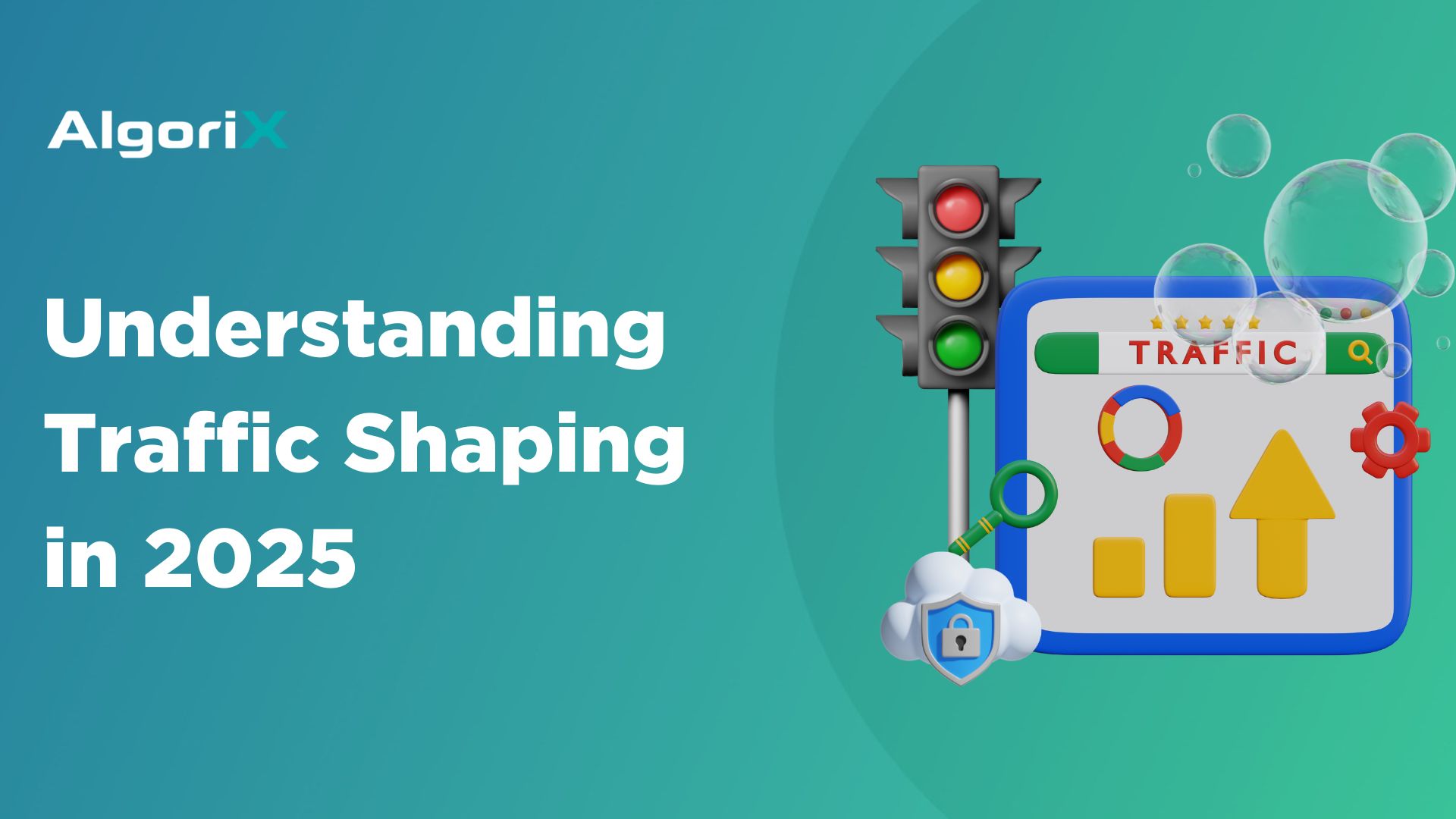The digital landscape is at the precipice of a significant shift as third-party cookies restricted by default for 1% of Chrome users , signaling a new era of online privacy and user data protection.
This profound change poses significant implications for advertisers, publishers, and internet users.
The End of Third-Party Cookies: Implications
The traditional reliance on third-party cookies has been a cornerstone of digital advertising. It has allowed intricate user tracking and personalized ad targeting. However, this method often raised privacy concerns, as users’ online behaviors were tracked across websites without explicit consent.
The phasing out of these cookies by Google, following Apple and Mozilla’s lead, marks a significant shift towards enhancing user privacy. While safeguarding user data, this move presents challenges for advertisers and publishers.
Advertisers have relied on third-party cookies for detailed user tracking, which helps deliver personalized ads. Without this data, advertisers will have to find new ways to target and tailor ads. Otherwise, it can reduce the effectiveness and efficiency of online advertising campaigns.
As third-party cookies become obsolete, there’s an increased emphasis on first-party data. This shift will likely benefit large platforms with vast first-party data but could be challenging for smaller publishers and advertisers.
Publishers might see a decrease in ad revenue due to less effective targeting and lower ad rates. They must find new ways to monetize content, possibly through subscription models, sponsored content, or by enhancing their first-party data capabilities.
Understanding Google’s Privacy Sandbox Initiative and Its Impact
Google’s Privacy Sandbox initiative is a response to the growing demand for greater privacy on the web and mobile, particularly in light of the planned phase-out of third-party cookies in Google Chrome. It aims to create a set of standards that will continue to support a free and open web while also respecting user privacy.
What is Google’s Privacy Sandbox?
Google defines the Privacy Sandbox is an “industry-wide effort to develop new technology that will improve people’s privacy across the Web and apps on Android.” It seeks to replace third-party cookies with technologies that protect users’ privacy more effectively.
It involves a suite of tools and technologies. These tools enable features like ad selection and measurement, fraud detection, and user privacy without individual tracking.
Main Ads APIs
There are three main Privacy Sandbox ads APIs: Topics, Protected Audience API, and Attribution Reporting.
Topics provide general user interest signals for ad targeting, using browsing history. Protected Audience API, more complex, enables building custom ad audiences without individual tracking, through on-device auctions with multiple buyers.
The Attribution Reporting API allows advertisers to assess ad spend effectiveness. The APIs are part of a broader move towards privacy-centered advertising, with ongoing testing and feedback guiding their development.
Why is the initiative relevant for advertisers and publishers?
It aligns with the increasing global emphasis on user privacy and the need for compliance with regulations like GDPR and CCPA. While enhancing privacy, it still allows for some level of personalized advertising, crucial for the business models of many advertisers and publishers.
As third-party cookies are phased out, advertisers and publishers need to adapt to new methods of targeting and measuring ads. The Privacy Sandbox is a critical step in this direction.
Implications for App Publishers and Developers
The Google Privacy Sandbox for Android introduces changes impacting app publishers and advertisers. It eliminates cross-app identifiers like the Advertising ID, focusing instead on privacy-preserving methods.
These APIs safeguard user privacy using various methods, including keeping certain private data on the device, combining and anonymizing data, and selecting ads directly on the device. Their design closely matches the Privacy Sandbox’s efforts for the web, aiming for a consistent strategy and outcome. However, they also consider the distinct technologies used in browsers and apps.
Opportunities for Advertisers and Publishers
A Google Ads study found that shifting from third-party cookies to Privacy Sandbox technologies for targeted ads leads to challenges, such as reduced ad effectiveness and targeting precision. Early tests without cookies showed a 30% drop in ad revenue per thousand impressions (CPMs), indicating campaigns perform worse without third-party cookies at the current level of technology adoption. Despite these results appearing negative, they exceed some expectations, suggesting potential for improvement as the ad industry continues to adapt to these new privacy-focused technologies.
So, what can publishers and advertisers gain from this initiative? Here are some of them:
Improved User Trust
With growing concerns over data privacy, the Privacy Sandbox presents an opportunity to rebuild trust between internet users, advertisers, and publishers. This initiative helps create a more transparent and secure online environment by prioritizing user consent and minimizing data collection. This trust-building measure can increase user engagement and loyalty, benefiting advertisers and publishers long-term.
Enhanced Ad Relevance
The Privacy Sandbox offers novel approaches to ad targeting that preserve user privacy while still delivering relevant ads. By leveraging advanced algorithms and anonymized data, advertisers can balance personalization and privacy, ensuring ads are pertinent without infringing on user data. This specific approach can result in higher conversion rates and more effective advertising campaigns.
Innovation in Targeting Technologies
The move towards a cookieless future fuels innovation in targeting technologies. Advertisers and publishers are encouraged to explore new methodologies like contextual advertising, first-party data strategies, and privacy-centric targeting solutions. These innovations comply with privacy regulations and offer fresh perspectives on reaching audiences effectively.
Adapt to the New Digital Advertising Landscape
Amidst these developments, AlgoriX is proactive in its approach. Plans are in place to adopt Google Privacy Sandox technologies within 2024 as part of an ongoing industry-wide effort to find the right solutions to adapt to a cookieless world.
Its partnership with LiveRamp, a leader in data connectivity and identity resolution, also illustrates a strategic move to ensure a seamless transition for partners. This collaboration leverages LiveRamp’s identity solutions to maintain effective targeting and measurement without compromising user privacy.
Furthermore, AlgoriX is enhancing its approach by ramping up its use of contextual signals. By analyzing the context in which ads are placed, advertisers can still reach relevant audiences effectively.
Advertisers and publishers who embrace this change and innovate accordingly will be well-positioned to thrive in this new, privacy-conscious environment. The future of digital advertising is not about intrusion but finding harmony between personalization and privacy.













